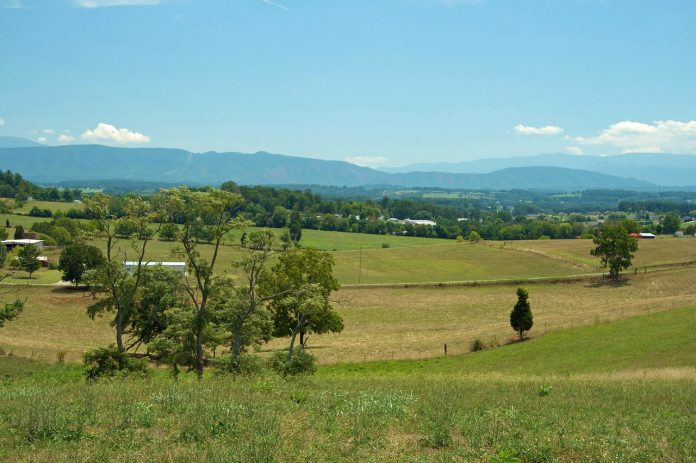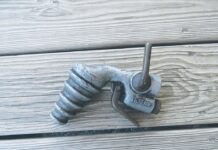Summer 2017 has certainly been a wet one so far. Damage to agricultural land and crops has been noted across Ohio and beyond. Corn and bean setbacks seem to draw the most attention, but pasture damage is prevalent and concerning as well. Remediation of damaged pastures begins with evaluation.
Many of the forages used in our region are fairly resilient to submersion and waterlogged soils. How resilient they are depends on many factors including temperature, length of the stress period, depth of the water, growth stage of the plant, and silt deposition.
Other associated concerns to be evaluated include stand age, animal activity, potential diseases related to flooding, erosion, and transport of weed seed from one property to another.
Plant death
Warm temperatures increase the rate of plant damage and death, which is partially why summer flooding can cause more damage to plant tissue than spring floods.
The longer the water sits and the deeper it becomes, the greater the chances for plant death. Standing water is more detrimental than flowing water. The more leaves that reach above the water surface, the better.
Erosion will create soil fertility issues and silt deposition may suffocate some plants. Most of our common forages will tolerate 2 inches of deposited silt or less without substantial damage. Actively growing alfalfa will typically recover from three days submerged.
Plant survival
Phytophthora scouting should be done about a month following flooding and action taken if detected. Ryegrass and orchardgrass will survive several days submerged and tall fescue will persist even longer.
Legumes tend to be less tolerant of submersion than grasses, but can persist exposed in waterlogged soils for extended periods. Alfalfa can typically survive one-two weeks of waterlogged soils, while white clover can tolerate up to three weeks, and red clover up to four weeks.
Animal health
Water flow patterns can flush soil, weed seeds, manure and microbes into flooded pastures and cause concerns for animal health. If deposited silt levels are too high, animals may accidently consume substantial amounts while grazing, which can cause digestive issues.
Weed seeds can be swept into the pasture and establish themselves in the damaged areas, crowding out the desirable forages during flood recovery. Detrimental weeds taking over damaged areas will reduce intake of high quality forages and may pose risks if poisonous plants become established.
In times of pasture stress, animals are more likely to consume poisonous plants in an effort to find enough to eat. Microbes and parasites are also easily transported into grazing pastures if water flows through an area of manure or sewage storage.
It would be best to wait a week or two to return animals to pastures that have been flooded with tainted water. This will help maintain good herd health. Also, do not return animals to the pasture or use equipment in waterlogged areas until you can travel through the field without compressing the soil.
Grasses that form a thick sod will be able to accommodate grazing more quickly than bunch type grasses. Once the water has drained from the pasture and the soil, investigate if there are any management decisions you could make now to reduce damage if a duplicate flooding event occurred.
Reseeding
Consider reseeding heavily damaged areas. Choose varieties that will withstand the conditions of your operation. Consider planting an annual forage to compensate in such areas as an emergency crop while you plan for the long term.
Planting an annual forage will reduce further erosion, provide competition for weeds, and supply feed for animals more quickly than perennials. Annual ryegrass offers excellent tolerance to poorly drained soils, wheat has good tolerance, while oats, rye, and sorghum-sudangrass offer fair tolerance.
When the flood has receded and the sunshine returns, look forward to the future.













